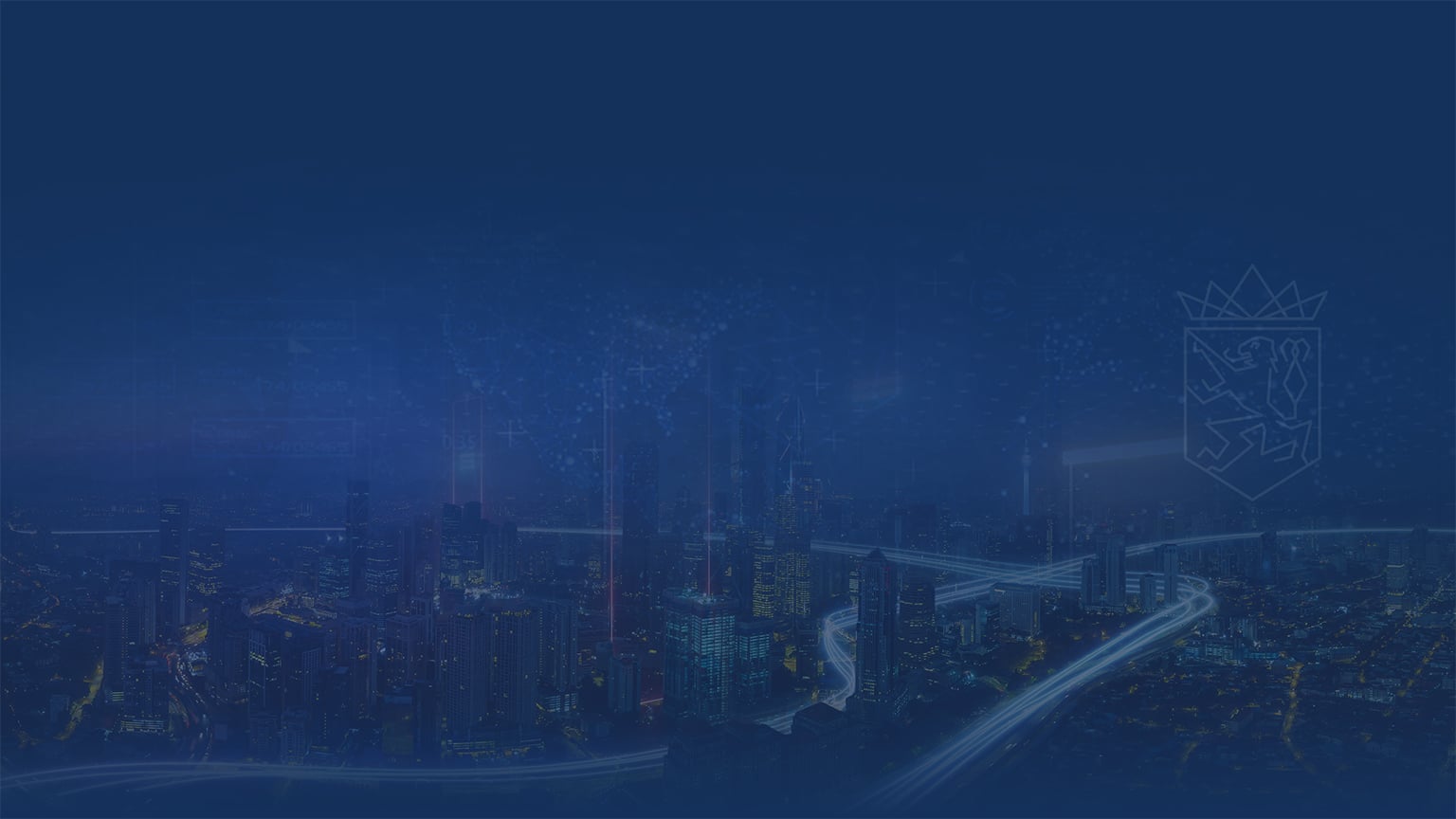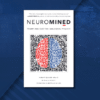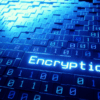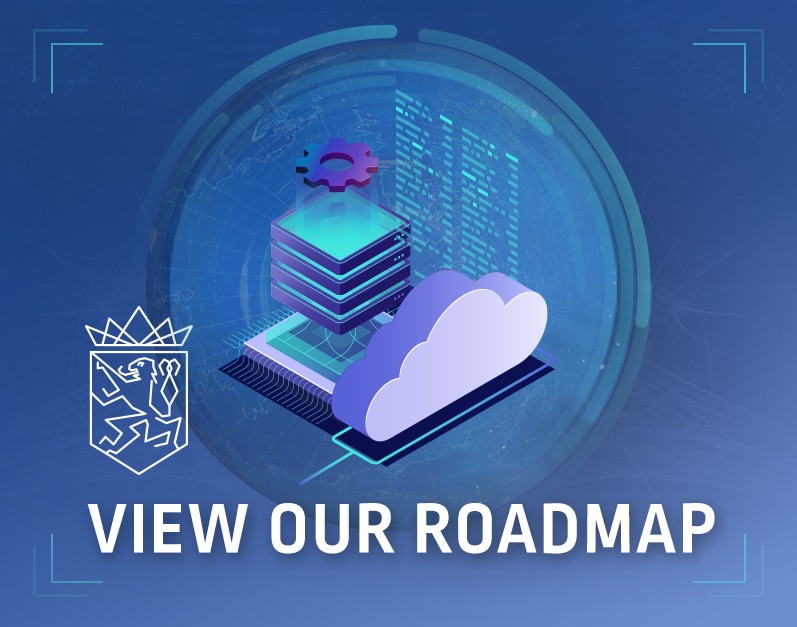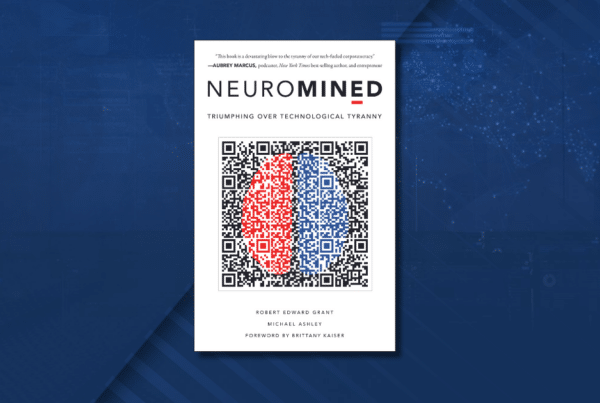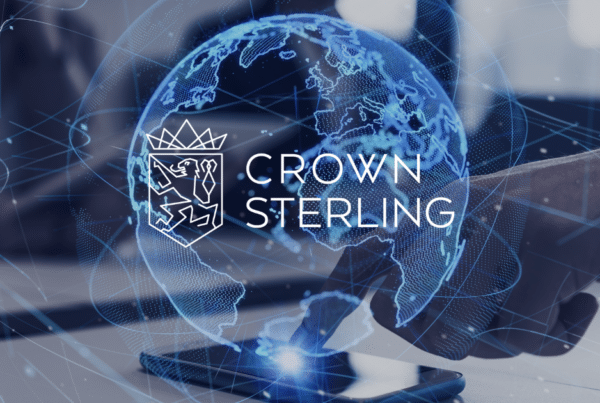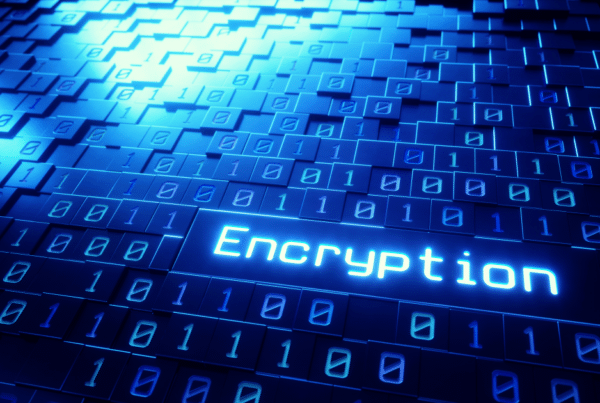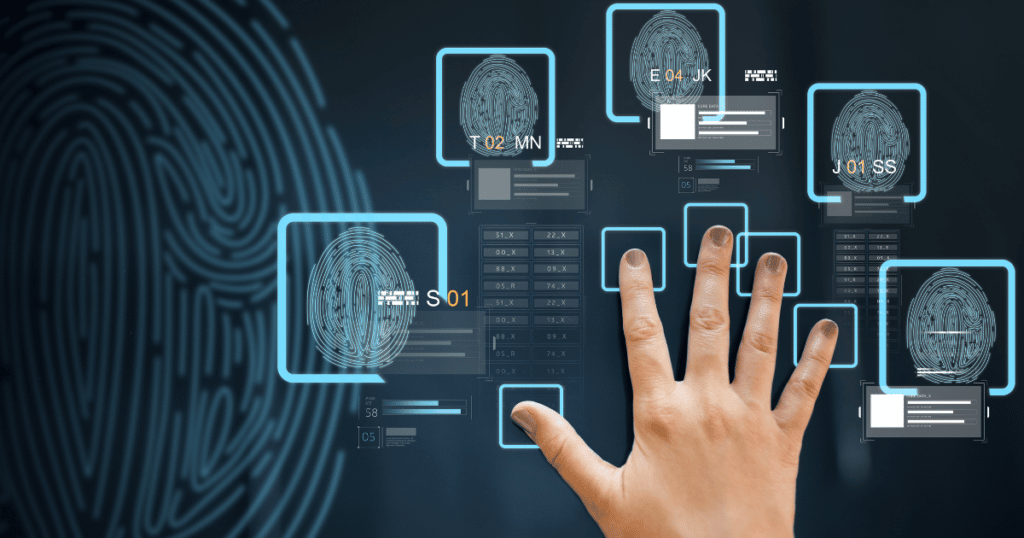
An article by Michael Ashley and Robert Edward Grant (Crown Sterling Founder & CEO) in promotion of their upcoming book Neuromined: Triumphing over Technological Tyranny (Fast Company Press 2023)
On 18-year-old Frank Temple’s first day of college, he attended a Psychology 101 lecture with 20 other students.
Professor Sarah McGuiness taught the class. An older firebrand of a teacher, she enjoyed a reputation for being both brilliant and bold. She loved to challenge her students by asking them pointed questions. Somehow, the subject turned to the idea of malleability.
“It’s been said humans are highly adaptable creatures. They can get used to anything,” Professor McGuiness began. “What about tyranny? Can people get used to being oppressed?”
Frank, who liked to think of himself as an idealist, shook his head no.
“You there,” Professor McGuiness pointed at him. “You have an opinion?”
All twenty heads turned to Frank. He wished he could crawl somewhere to hide but it was too late.
“N-no.”
“So you don’t think people can get used to their oppression?”
Everyone waited for Frank’s answer.
“I don’t. Look at how the American colonists overthrew the British. They proved they wouldn’t put up with being mistreated.”
Professor McGuiness nodded. “You’ve got a point. We wouldn’t have a nation today or enjoy the liberties under the Constitution if it weren’t for the revolutionaries who resisted oppression.”
Relieved, Frank rose a bit higher in his chair.
But then Professor McGuiness continued. “But what might’ve happened if these early colonists did not contest British rule?”
Frank had never thought of that. “Well, someone would’ve stood up and said no. If it wasn’t George Washington or Thomas Paine, others would’ve taken their place. They would’ve resisted.”
“Would they? Or could it be that without anyone pushing back, the early colonists would’ve adapted to their oppression?”
“You mean they would’ve gotten used to it?” asked Frank. “And not tried to fight back?”
“Now you’re the one asking the questions,” Professor McGuiness chuckled. “I like that. And the answer’s yes. That’s exactly what I’m suggesting.”
This didn’t sit well with Frank’s idealism. “But people don’t like being pushed around. Eventually they would’ve risen up. They’d have fought back.”
Professor McGuiness picked up a remote to turn on the flat screen running the length of the front wall. She pressed play. A video showed a scene familiar to every student: A group of passengers at an airport TSA checkpoint.
“Did you know that before 2001, you didn’t have to take off your shoes and belts and empty all your pockets just to board a plane?”
Murmurs spread throughout the room.
Professor McGuiness continued. “Before 9/11 and the creation of Homeland Security, you used to also be able to bring your own water bottle on a plane without a TSA agent stopping you.”
Frank looked around the room. Was he the only one this was news to?
“Have you ever stopped to think about why you need to remove your shoes to board a plane?” Professor McGuiness asked.
Frank never considered this before either.
“It’s just what everyone does. You have to do it to get on a plane.”
“Why? Are shoes weapons? Has anyone ever used their shoe to take a plane hostage?”
That line got some laughs to Frank’s annoyance. It felt like his peers were mocking him. “I-I don’t think so.”
“And yet, we all put up with it. We say nothing at the airport. Even little kids must take off their shoes to get past TSA.”
Frank slumped in his seat. He didn’t like all this attention.
Professor McGuiness showed a new clip of another familiar scene to each student: a checkpoint greeter at a big box store stopping customers at the door.
“When I was a kid no one had to show their Digital ID just to buy earbuds or groceries,” said Professor McGuiness. “What changed?”
Frank knew he should be annoyed by the question, that she was making fun of him for stating earlier that people would stand up to oppression.
Instead, he quietly said, “The world’s not as safe as it used to be.”
All twenty of Frank’s fellow students nodded in agreement.
Professor McGuiness smiled bitterly. “Or perhaps, people simply adjusted to tyranny.”
*****
According to the World Economic Forum, “A legal identity is not just about opening a bank account: Access to healthcare and your right to vote may depend on it. But just under 1 billion people in the world can’t prove who they are…” In the same piece, we learn: “Ensuring everyone has a legal identity, including birth registration, by 2030 is one of the United Nations’ Sustainable Development Goals (SDGs.)”
Sounds laudable, right?
Everyone needs a digital ID to participate in modern life. But might Digital IDs shackle humankind? This is the view of the Daily Sceptic, an organization that sees digital IDs as one more mechanism towards centralized technological tyranny:
Many of the same companies and organizations that are driving the rollout of digital IDs are also pressing for the elimination of cash transactions. These companies and organizations include global banks, fintech start-ups, big tech giants, and credit card companies. The European Commission has already announced a plan to cap cash payments at €10,000 across the EU despite fierce opposition among cash-loving countries, such as Austria and Germany. Of course, in a world of increasing government surveillance and control, cash is one of the last vestiges of personal freedom and privacy we have left.
If you want to see a model for the future Digital ID prison state abetted by the imposing of a cashless society, consider how WeChat, one app, controls nearly all of life in China. “WeChat is everything,” says Daniel Ives in USA Today. “I’ve traveled throughout Asia, and if you’re there and don’t use WeChat, you’re viewed as the rarity.”
“Rarity” is a nice way to put it. We would go further to say if you are living in mainland China and you’re not onboard with the one-app-to-rule-them-all, you are effectively locked out of society.
That’s because ever since the COVID-19 pandemic, “life in China is ruled by a green symbol on a smartphone screen,” according to the LA Times. “Green is the “health code” that says a user is symptom-free. It’s required to board a subway, check into a hotel, or just enter Wuhan, the central city of 11 million people where the pandemic began in December [2020.] The system is made possible by the Chinese public’s almost universal adoption of smartphones and the ruling Communist Party’s embrace of ‘big data’ to extend its surveillance and control over society.”
Of course, there’s one other item that makes the system possible. “The codes are issued through the popular WeChat messaging service of internet giant Tencent and the Alipay electronic payments service of Alibaba Group, the world’s biggest e-commerce company,” again, according to the LA Times.
Returning to the story at the top of this article, the trouble with accepting digital IDs and/or any kind of impediment to liberty, is that over time tyranny (however small it begins) becomes commonplace. This is a key point we present in our upcoming book Neuromined: Triumphing over Technological Tyranny (Fast Company Press 2023. Our fictional Professor McGuiness is correct to point out that humans are malleable creatures. Both a curse and a blessing, in time people adapt to the status quo. Even a tyrannical status quo.
To understand what we mean, consider those born after 9/11. They don’t know a time in which people did not comply with “terrorist theatre”—even though experts, such as Bruce Schnier, have argued it doesn’t make us any safer. “Take the baggies for liquids, which became a rule in 2006 when British authorities uncovered a plot to bring liquid bombs on board airliners headed for the U.S.: Schneier says the liquid limits may make us feel safe, but do little to stop terrorists.”
Digital IDs—if they become mandatory—will become one more tyrannical imposition the public must adapt to—only worse. It won’t just be airports where we are meant to do as we are told, it will concern all aspects of society.
But we needn’t fear the future.
Humans can adapt the other way too: towards courage, resisting oppression. This triumphant spirit informs the “Data Bill of Rights” proclaimed by Crown Sterling Limited LLC., in 2021. It declares our digital assets—including our identity—to be our intangible personal property:
“We believe that digital assets are the intangible personal property of the original producer and therefore are protected by the United States Constitution, including the 4th and 5th Amendments; the United Nations Universal Declaration of Human Rights, including Articles 12 and 17; the Charter of Fundamental Rights of the European Union, including Articles 7 and 8; and the European Convention for the Protection of Human Rights and Fundamental Freedoms, including Article 8.”
For all those future Franks out there, here’s to non-conformity. Here’s to saying “no” to any unjust imposition. For as our colonist forebears taught us, there is nothing sweeter—or more precious than freedom. None other than Patrick Henry put it best when he said, “Liberty, the greatest of all earthly blessings—give us that precious jewel, and you may take everything else.”
About Crown Sterling Limited LLC
Leader in Data Sovereignty and provider of quantum-secure encryption, Crown Sterling empowers individuals and communities in an era of unregulated data consolidation, monopolization, and monetization by Big Tech. By leveraging next-generation encryption, blockchain technology, and decentralized digital transformation represented by Web3, we are committed to granting you complete control over your personal data and supporting the protection of free speech, assembly and choice.
The launch of Orion™ Messenger presents a quantum-secure end-to-end encrypted, uncensorable, and decentralized communications platform as a solution where sovereign individuals and communities can thrive. Unlike commonly used applications that rely on vulnerable encryption protocols, data mining practices, and other limitations, Orion is the only platform allowing for large encrypted group chat and social media communications in an unmonitored and uncensorable environment. Join the Orion Messenger waitlist.


